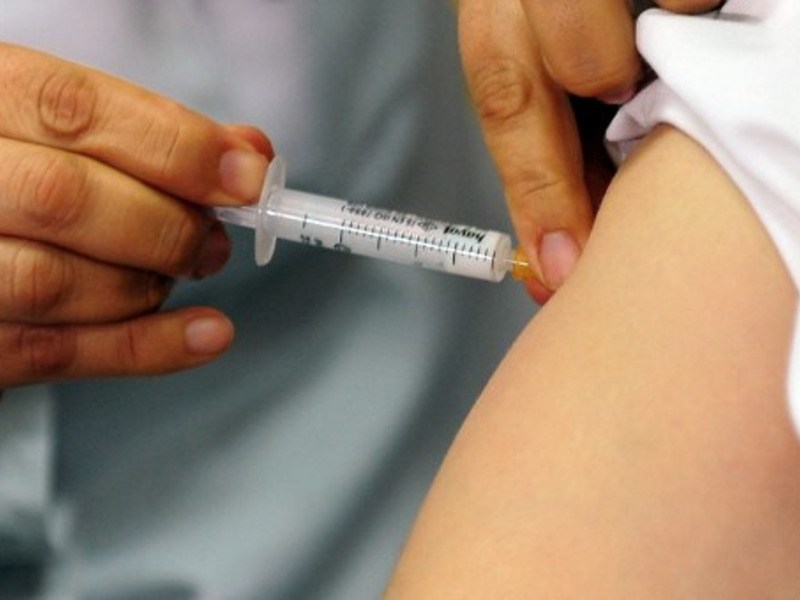As there is a risk that the flu will coincide with a new coronavirus peak in Belgium this winter, it is extra important that at-risk groups get vaccinated against the seasonal flu as widely as possible.
This way, an overburdening of the country's health care system can be prevented, several Health Ministers said in a joint press release on Wednesday.
On Monday evening, it was announced that the vaccination against the seasonal flu coming winter would be happening in a phased manner. From mid-September to mid-November, the vaccines will only be delivered to the target groups as defined by the Superior Health Council.
This will concern people at risk (such as pregnant women or people with an underlying chronic condition), people living under the same roof as an at-risk person, health care workers and people over the age of 50.
Depending on the availability of vaccines after this priority vaccination, vaccination can be extended to the rest of the population from mid-November.
Related News
- Coronavirus: Belgian experts 'shocked' as AstraZeneca seeks liability waiver for vaccine
- Coronavirus: Johnson & Johnson to test its vaccine on 60,000 people
- Belgium's Security Council: 'Return to normal not yet possible'
Belgium will have 2.9 million available vaccines against the seasonal flu, which is more than in previous years. "This number will be sufficient to cover the vaccination of the (...) at-risk groups, if the vaccination rate is comparable to the previous season," the press release stated.
The different ministers emphasise that, in the current context, vaccinating health workers is essential to indirectly protect patients and to ensure the availability of health professionals in the event of a new wave of Covid-19.
"Vaccination of people aged between 50 and 64 will also reduce the workload of primary health care," the statement said, adding that people over 65 years old already fall into the first category of at-risk patients.
The ministers' common position was determined in the Interministerial Conference on Public Health, which brings together the Federal Health Minister Maggie De Block, Flemish Wouter Beke and Walloon Christie Morreale, as well as the French Community Ministers Bénédicte Linard and Valérie Glatigny.
The Brussels Ministers Alain Maron and Elke Van den Brandt also took part in the conference, as did the German-speaking Community Minister Antonios Antoniadis and the Federal Minister Philippe De Backer, responsible for the Testing and Shortages task forces.
Maïthé Chini
The Brussels Times

